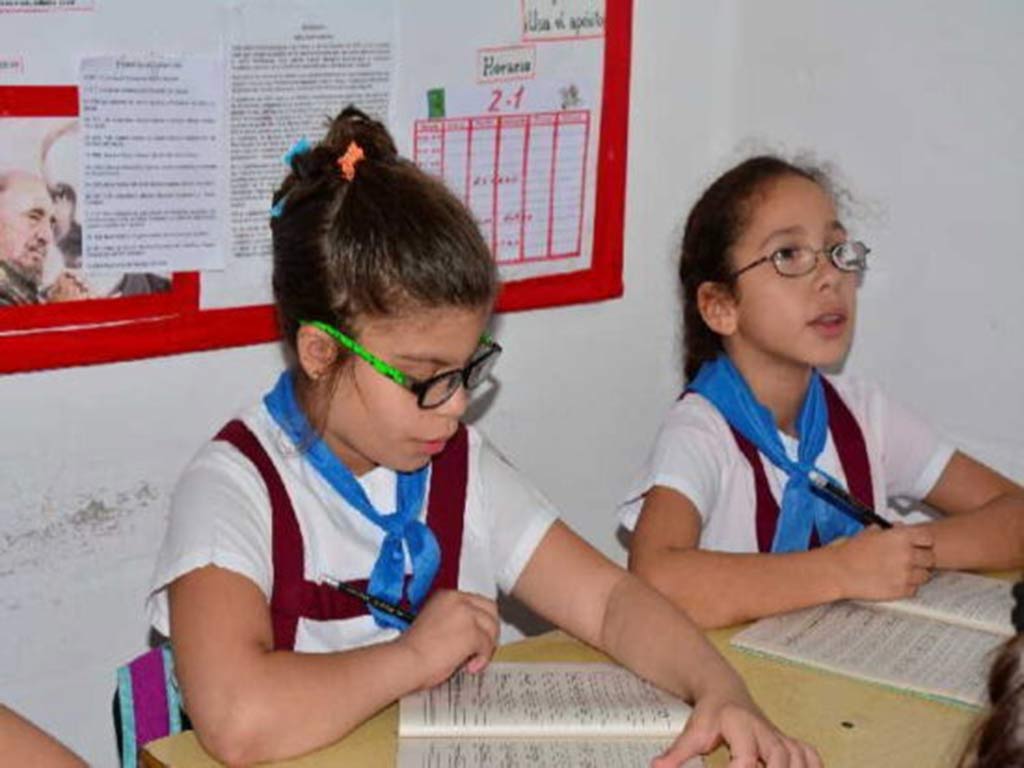Prensa Latina learned that educators and technicians of this kind of teaching in Sancti Spiritus work so that students with educational needs associated or not with disabilities can achieve the maximum possible comprehensive development.
Deisy Castillo, director of special education, explained that these children and young people comply with the educational program in 14 centers, and some 400 of them are in primary education and the rest in other levels.
The territory has a teaching staff consisting of 256 professors with Master’s and Doctor’s degrees on Science, along with multidisciplinary teams made up of psychologists, psychometricians, pedagogues, speech therapists, educational psychologists, and social workers.
These teams also comply with the detection, evaluation, diagnosis, subsequent follow-up, as well as learning styles and strategies as part of the improvement of the teaching-educational process, she added.
Castillo explained that the program for students who are taken cared of at their homes establishes their inclusion in clubs of interest, socio-productive projects, cultural and recreational activities, among others, to lead them to their total independence.
The Provincial Directorate of Education trains support teachers, therapists, speech therapists, among other professionals to provide full education as established by the Convention on the Rights of the Child and Cuba’s new Family Code, she pointed out.
According to statistics from the Ministry of Education, Cuba has more than 300 especial education institutions to guarantee quality education and contribute to comprehensive training, the full development of their potential and active participation in society, the expert noted.
Since 1959, organized, massive and systematic attention to minors who require special education services has been implemented in Cuba with the purpose of providing an adequate and progressive solution to children with physical and mental disabilities.
jg/mem/rga










